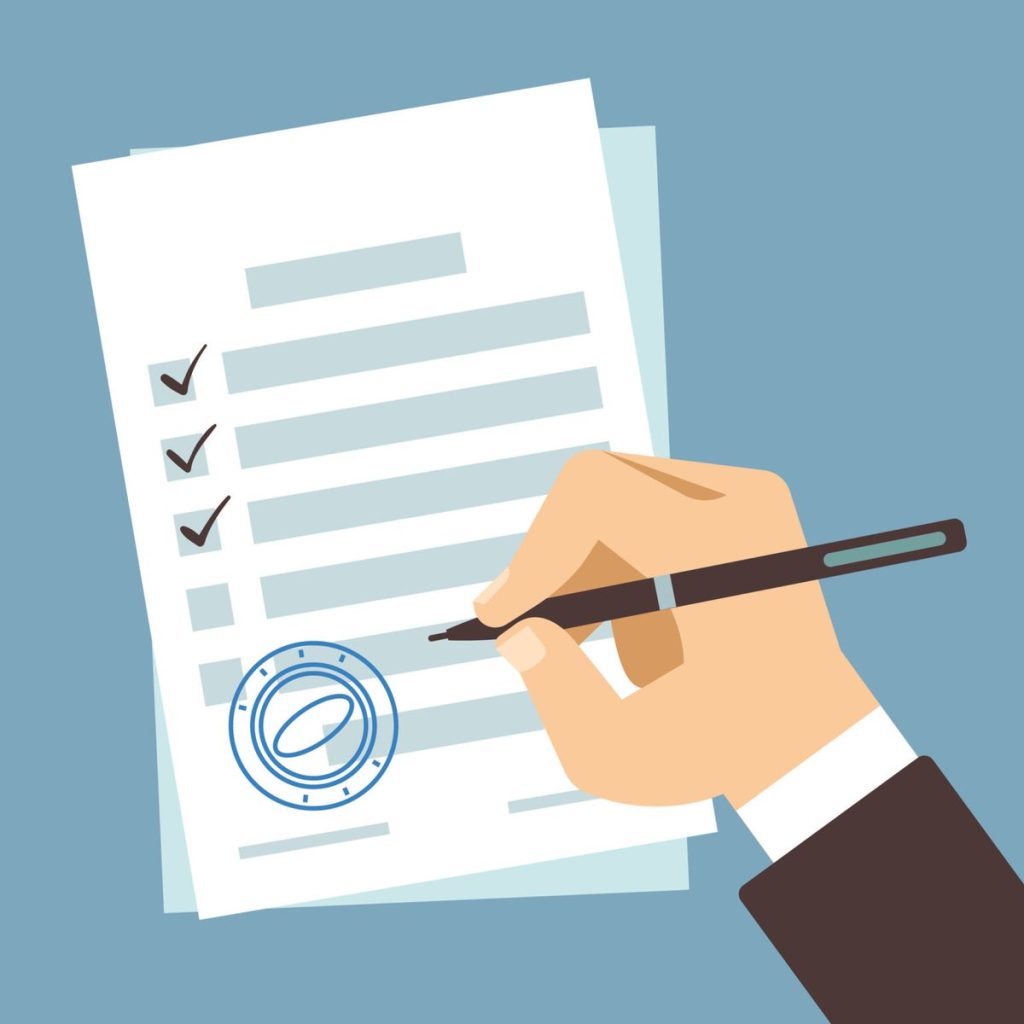The Legal Process of Property Registration in the UAE: A Complete Guide
For foreign investors, one of the most important aspects of buying property in the UAE is understanding the legal process of registration. Dubai, in particular, has made property ownership transparent and straightforward, but it still requires investors to follow specific steps and comply with regulations. In this guide, we’ll walk you through the complete process of registering a property in the UAE, the costs involved, and the legal protections in place for buyers.

Step 1
Selecting the Property
Before you begin the legal process, you need to choose the right property. Make sure it’s in a designated freehold area if you are a foreign buyer. Work with a licensed, RERA-approved real estate agent to avoid risks.


Step 2
Signing the Sales Agreement (MOU)
Once the property is selected, the buyer and seller sign a Memorandum of Understanding (MOU). This document outlines the agreed purchase price and conditions of sale. At this stage, the buyer typically pays a 10% deposit to secure the property.
Step 3
NOC from the Developer
The next step involves obtaining a No Objection Certificate (NOC) from the property developer. This ensures that the seller has no outstanding service charges or dues on the property. The NOC is a mandatory requirement before the ownership transfer can take place.


Step 4
Transfer of Ownership at the Dubai Land Department (DLD)
The final stage is the official transfer of ownership at the DLD office. Both buyer and seller must be present, along with the real estate agent. At this point, the buyer pays the remaining balance, and the DLD issues a new title deed in the buyer’s name. The buyer also pays the mandatory registration fee of 4% of the property value, along with administrative fees.
Legal Protections for Buyers
The UAE government has implemented several measures to protect property buyers, including:
RERA regulations to ensure developers deliver projects on time
Escrow accounts to safeguard payments made for off-plan properties
Dispute resolution mechanisms through specialized property courts
The legal process of property registration in the UAE is transparent and efficient, designed to give buyers confidence in their investments. By working with licensed agents, understanding the required documentation, and preparing for associated fees, investors can complete their purchase smoothly. With strong regulations in place, the UAE continues to be one of the safest and most attractive markets for real estate investment.